Howard S. Becker
PREFACE
Much of this book results from my experience teaching. Having to explain what you do to students pushes you to find simple ways of saying things, examples that give concrete form to abstract ideas, and exercises that give students practice in new ways of thinking and manipulating what they learn in their research. As you listen to the individual, seemingly idiosyncratic problems students find in their work, you begin (like the local computer guru, who accumulates knowledge by solving individual problems) to see family resemblances among them. You learn to identify the idiosyncratic as a variant of some general problem. But every new problem is just different enough from all the others to give you something to add to your understanding of the general class of difficulties.
After a while, I began to keep track of my ad hoc inventions, concocted for the needs of a particular day's class or a particular student's research problem. And then, having written a book on the problems of academic writing (Becker 1986b), I decided I could follow that up with a book on thinking if I started with the materials in the file of tricks I had started. Some of these ideas first saw daylight in earlier publications, articles written for this or that occasion, and I have borrowed freely from those earlier formulations (at the end of this preface is a list of the publishers to whom I am indebted for permission to do that).
Most of my work has been autobiographical, explicitly or otherwise, and this is especially so. I have drawn on my own experiences extensively and repeatedly. Perhaps most importantly, I have recalled the way I was taught, the sociologists from whom I learned what sociological work could be and what a sociological life could be. In a certain way, this book is an homage to the people who taught me, many of them while I was in school, others after I had left school (but not stopped my education). I've paid my respects by often tying what I have to say to the words of people I learned from, using their thoughts as a springboard for my own. I have learned, over the years, what most people learn, which is that my teachers usually weren't as dumb as I sometimes thought.
I've also learned from a number of people who have read what I write over the years with appreciation, but without sparing the criticism. Several of them read an earlier version of this manuscript, and I'm grateful for their extended commentaries, even though it meant more work. (Better I should hear it from them!) So I thank Kathryn Addelson, Eliot Freidson, Harvey Molotch, and Charles Ragin for their thoughtful critiques.
Doug Mitchell is the editor authors dream about working with. He has waited for this book patiently, offered interesting and useful ideas, encouraged my flagging interest and confidence, and generally kept the project alive.
Dianne Hagaman and I share an intellectual as well as a domestic life, and our mutual explorations of all sorts of research and conceptual problems have informed the whole book in ways that can't be separated out and pointed to. She has, in addition, listened to practically everything herein the form of disjointed monologues, casual remarks, and even readings aloudand her reactions and ideas helped to shape the final version.
I am grateful to a number of individuals and publishers for permission to reprint materials that originally appeared in other publications. Scattered portions of this book first appeared in Howard S. Becker, Tricks of the Trade, in Studies in Symbolic Interaction, ed. Norman K. Denzin (New York: JAI Press, 1989), 10B: 48190. The photograph of Ren Boulet in contains an excerpt of Arthur Danto, The Artworld Journal of Philosophy 61 (1964): 57184, reprinted by permission of the Journal of Philosophy.
1
TRICKS
Undergraduates at the University of Chicago, when I was a student there, learned to deal with all difficult conceptual questions by saying, authoritatively, Well, it all depends on how you define your terms. rue enough, but it didn't help us much, since we didn't know anything special about how to do the defining.
I stayed at the University of Chicago for my graduate training and so met Everett C. Hughes, who became my adviser and, eventually, research partner. Hughes was a student of Robert E. Park, who could be considered the founder of the Chicago School of sociology. Hughes taught me to trace my sociological descent, through him and Park, back to Georg Simel, the great German sociologist who had been Park's teacher. I am still proud of that lineage.
Hughes had no love for abstract Theory. A group of us students once approached him after class, nervously, to ask what he thought about theory. He looked at us grumpily and asked, Theory of what? He thought that there were theories about specific things, like race and ethnicity or the organization of work, but that there wasn't any such animal as Theory in general. But he knew what to do when a class or a student got into a tangle over what we thought of as theoretical questions, like how to define ideas or concepts. We would wonder, for instance, how to define the concept of ethnic group. How did we know if a group was one of those or not? Hughes had identified our chronic mistake, in an essay he wrote on ethnic relations in Canada:
Almost anyone who uses the term [ethnic group] would say that it is a group distinguishable from others by one, or some combination of the following: physical characteristics, language, religion, customs, institutions, or cultural traits. (Hughes [1971] 1984, 153)
That is, we thought you could define an ethnic group by the traits that differentiated it from some other, presumably nonethnic, group; it was an ethnic group because it was different.
But, Hughes explained, we had it backwards. A simple trick could settle such a definitional conundrum: reverse the explanatory sequence and see the differences as the result of the definitions the people in a network of group relations made:
An ethnic group is not one because of the degree of measurable or observable difference from other groups; it is an ethnic group, on the contrary, because the people in and the people out of it know that it is one; because both the ins and the outs talk, feel, and act as if it were a separate group. (Hughes [1971] 1984, 15354)

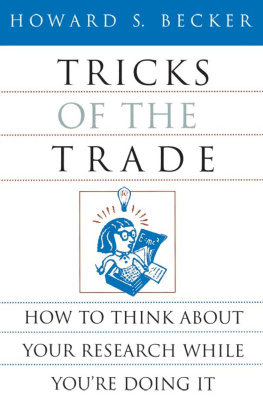

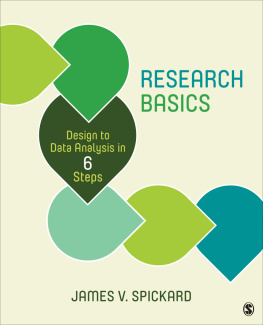




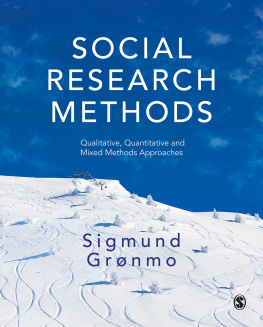

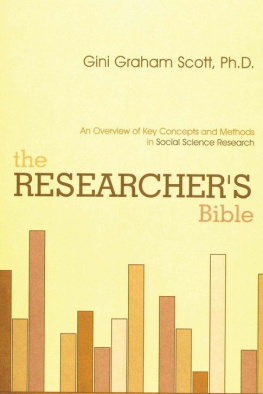
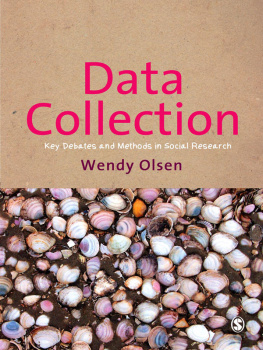

 The paper used in this publication meets the minimum requirements of the American National Standard for Information SciencesPermanence of Paper for Printed Library Materials, ANSI Z39.481984.
The paper used in this publication meets the minimum requirements of the American National Standard for Information SciencesPermanence of Paper for Printed Library Materials, ANSI Z39.481984.